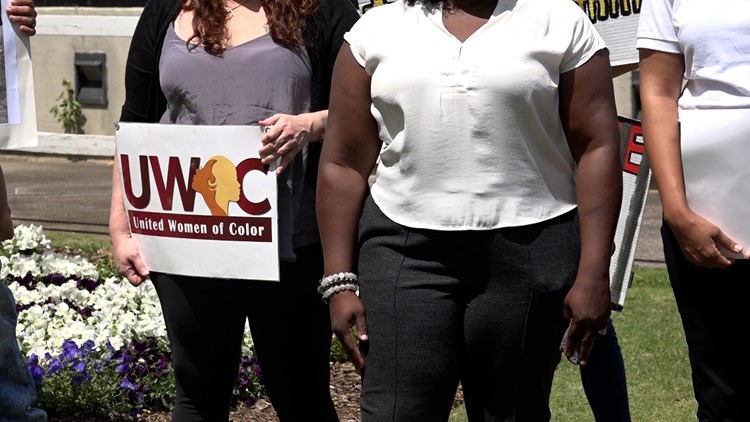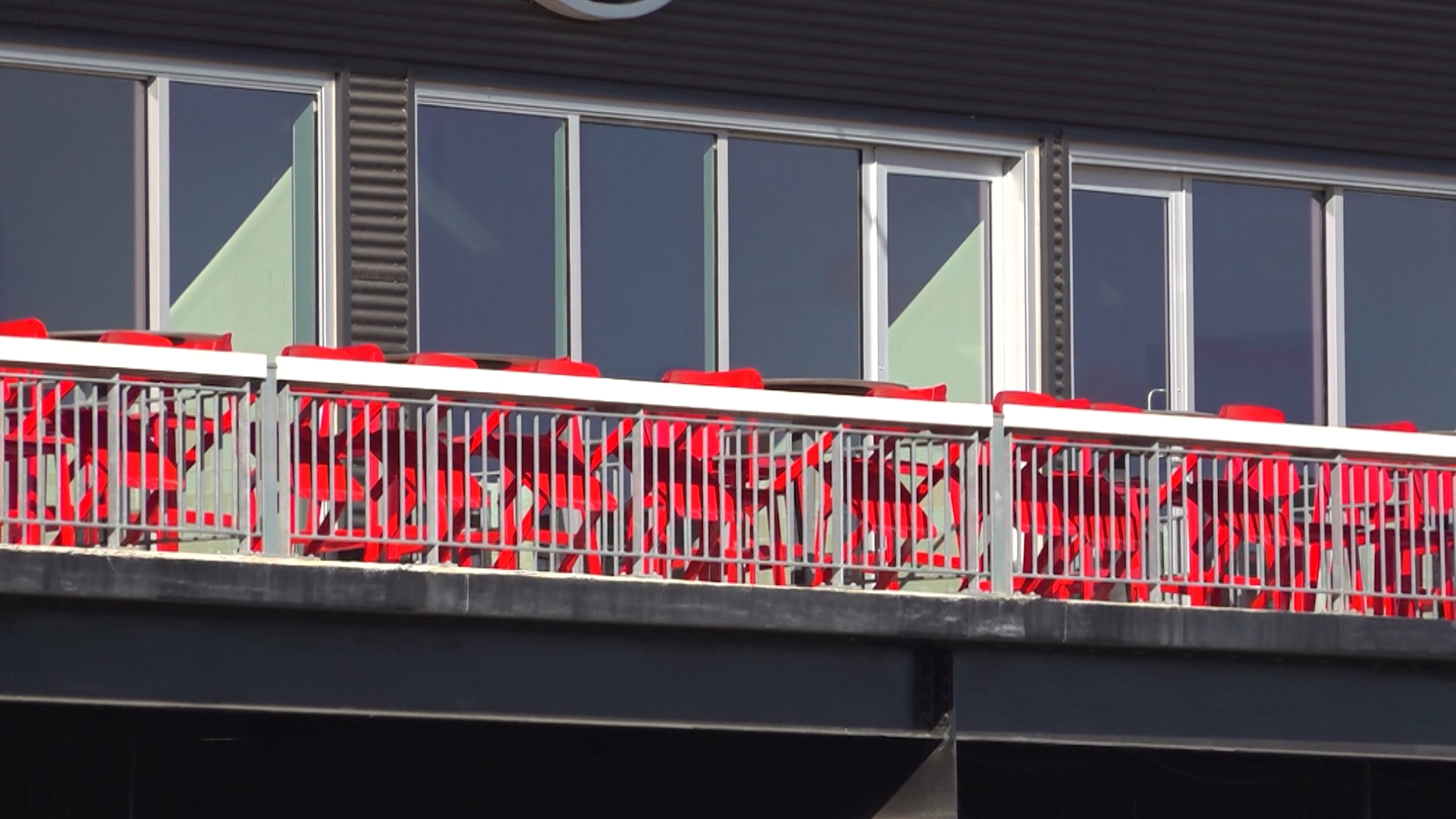HUNTSVILLE, Ala. — Today at Huntsville City Hall, the Citizen Coalition for Justice Reform announced the release of a TV campaign sponsored by the United Women of Color.
The campaign's message is to help people realize that they can be treated differently by police because of their race or appearance.
It also touches on how both the community and police can work together to bring more equality to the valley.
"It's not only to raise awareness of the issue but to see how the police affect people differently and we don't believe that the police should just stop policing. We just believe they should police everyone the same," said Citizen Coalition for Justice Reform Leader, Claudia Mesnil.
The groups also came together to talk police reform.
The groups want to not only educate officers but the community as well; on how to better communicate with each other.
"We're aiming at building that trust by teaching police officers about their neighborhoods and about why sometimes it may not be a dangerous neighborhood, it's just a disadvantaged area. So, we want to provide educational solutions, not only to the police officers but also to the community," said Mesnil.
They want to work toward creating a partnership and building trust between police and the community.
"This needs to be a healthy venture for everyone involved. Officers don't need to feel like 'oh, well they said reform, so that means I don't have anything to defend myself with when in actuality, I wanna give you a few more different type of defense tools," said Citizen Coalition for Justice Reform Leader, Chris Harris.
But the community has some work to do too, Harris says that community engagement is down and it's important to get involved in important issues.
"Our community overall regardless of political affiliation or socioeconomic status has somehow regressed from participating in our local government and area in general so that's to our detriment," said Smith.
Both CCJR members mentioned 'The Andy Griffith Show' and how law enforcement and citizens need to come together to make change.
"When people knew their cops, cops knew their people, and if they did something wrong they weren't afraid to admit it and vice versa," said Mesnil.



